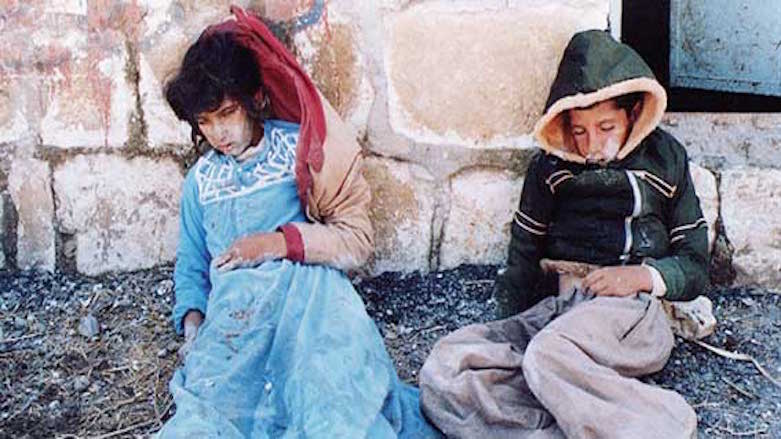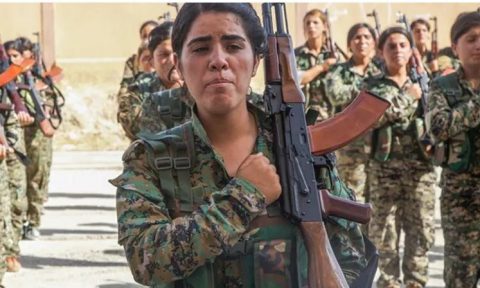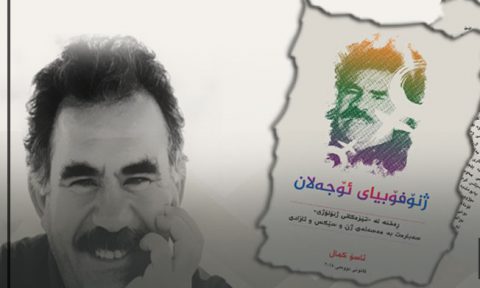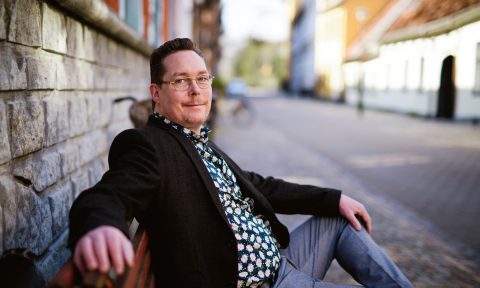The roots of Iran’s nuclear ambitions meander through a peaceful town on a mountain top, surrounded by endless forests of pine trees and streams along the Iraqi border. The peace in this small town was horribly disrupted 34 years ago.
And even though most people believe that Iran’s nuclear ambitions have everything to do with its hostility to the U.S. or Israel: the opposite is true.
Saddam’s most inhumane attack on Iranian Kurds
In September 1980, the Iraqi army invaded Iran and began a war that would last eight years. Saddam Hussein had hoped to take advantage of Iran’s post-revolutionary chaos and expected a decisive victory against a severely weakened Iran. The late Iraqi dictator also unleashed chemical weapons on Iran on several occasions. As a result, this conflict is considered one of the deadliest in modern history.
In Sardasht, on a crystal-clear afternoon 34 years ago (June 28, 1987), Saddam Hussein’s warplanes unleashed a toxic rain of chemical weapons, killing no fewer than 113 civilians and wounding thousands, with permanent damage to three-quarters of the city’s 12,000 residents.
The victims gasped and vomited on rusting buses as they were rushed to hospitals. They fell dead on the cobblestone streets of the city center. They cried out as their eyes burned and their skin bubbled. Survivors remain scarred for life.
Even more painful than the wounds, perhaps, is the fact that they do not receive the same international recognition as the victims of Halabja – a city in Iraqi Kurdistan that faced a similar attack in 1988. Halabja is commemorated annually around the world, and there is a great deal of attention and help for the victims. However, the victims of Sardasht have not given up their fight to get ALSO international recognition of the horrific massacre.
Iran has yet to care for tens of thousands of people exposed to toxic chemicals during the war.
Twice a knife in the back by the West
Disabled Iranian war veterans (civilian casualties are also given the honorable status of war veteran or Janbaz) have twice been victims of the West’s indifferent actions toward the Iran-Iraq war; first, when Western governments gave chemical weapons and technology to use such weapons to then Iraqi President Saddam Hussein.
“I believe that if the (officials) of the UN had had real human zeal, and if they had been true to their slogan that they are champions of human rights or the rights of all people and the oppressed, they would not have allowed Saddam to use chemical weapons again.” – Nasser Afshari, Iranian victim of chemical weapons.
This quote clearly shows the distrust and reproach, that the victims still harbor today towards the indifferent West.
The second sting, is the lack of international recognition of the suffering of the victims, by making the Iraqi Kurdish city of Halabja a symbol for all chemical attacks carried out by Saddam Hussein.
Iran’s struggle to get Sardasht recognized as an international symbol reflects the isolation it felt during the eight-year war with Iraq, and is, according to many, one of the main pain points, why Iran has always remained wary of the West.
Distrust
Iran was – and still is – furious about the international community’s refusal to hold Iraq accountable for six years of chemical warfare. In this, Iran considers itself morally high because it never retaliated; although it had the right to do so under then-existing international law.
It is important to understand that the country’s current political leaders (and much of the voting population) belong to a generation that grew up on the battlefields of that war. The experience of chemical warfare has taught them that they must overcome technological backwardness in order to survive.
They have also learned that they cannot rely on international law, or the international community, to come to their aid in the darkest hour for justice.
Self-sufficiency, self-reliance – in all security matters, these are the concerns that drive Iran’s current leaders. Economic and political sanctions only confirm beliefs that took eight long years to take root in the bloody soil of the trenches along the Iran-Iraq border.
Nuclear ambitions were born
Before Sardasht, Iran had no nuclear ambitions. Ayatollah Khomeini had even issued a fatwa against producing nuclear weapons at the time. Several former top Iranian officials have even stated that Khomeini personally prevented them from building nuclear weapons.
“We should at least think about (weapons of mass destruction) for our own defense,” Hashemi Rafsanjani, then speaker of Iran’s parliament, said two months after the end of the Iran-Iraq war in 1988. “Even if the use of such weapons is inhumane and illegal, the war has taught us that such laws are just drops of ink on paper.”
And with this discussion, Iran’s nuclear ambitions were born.










